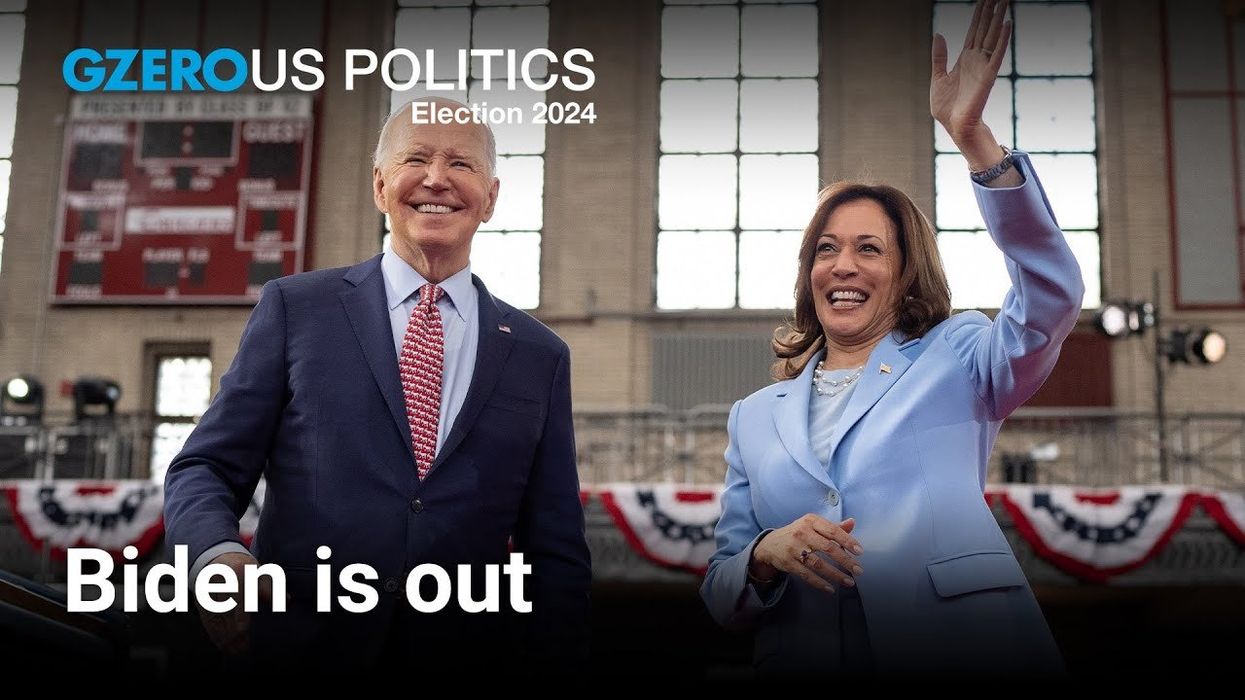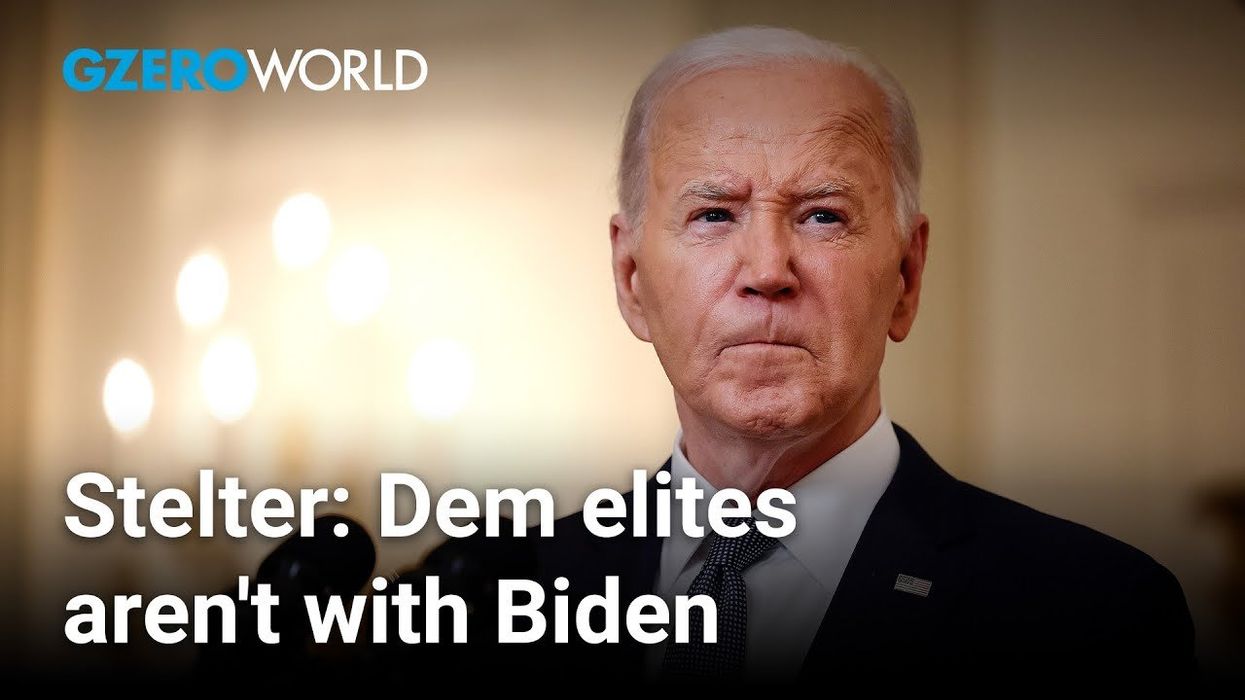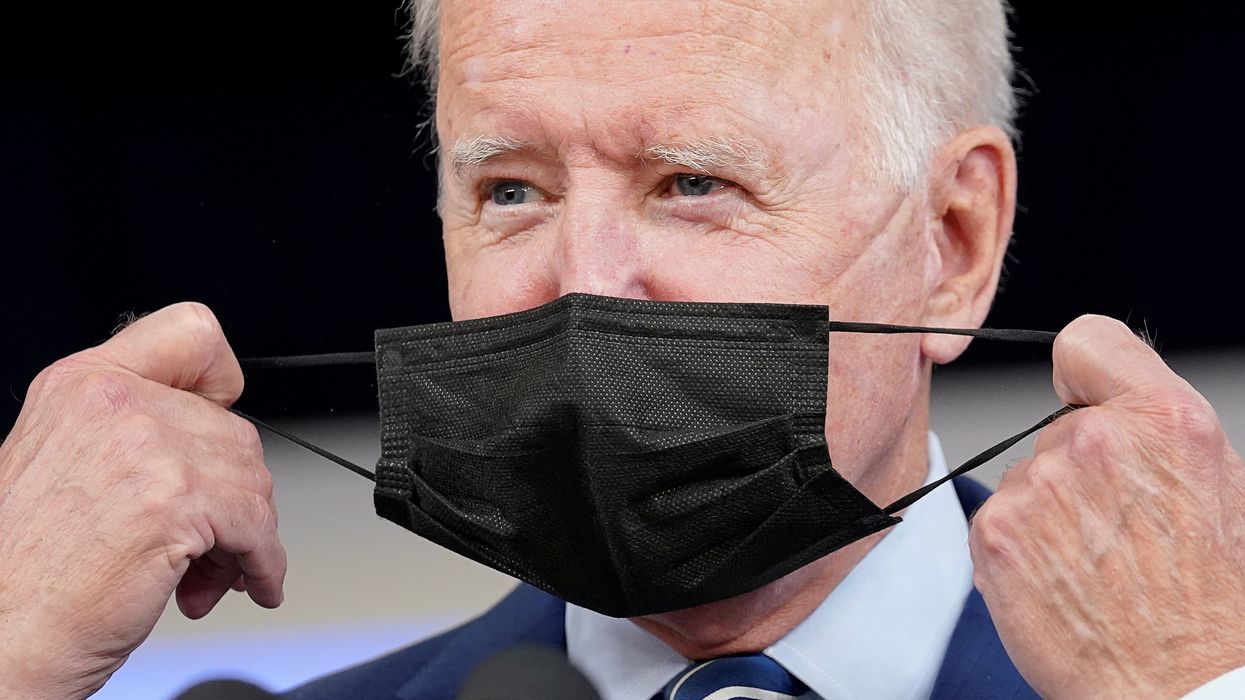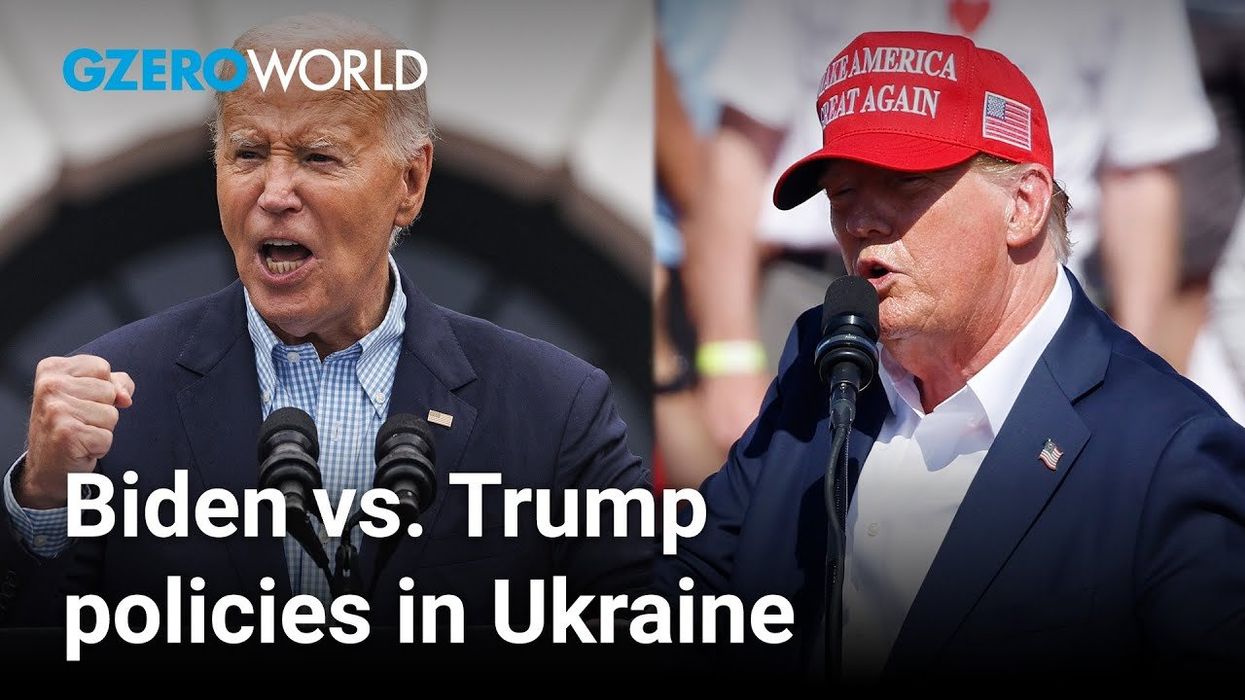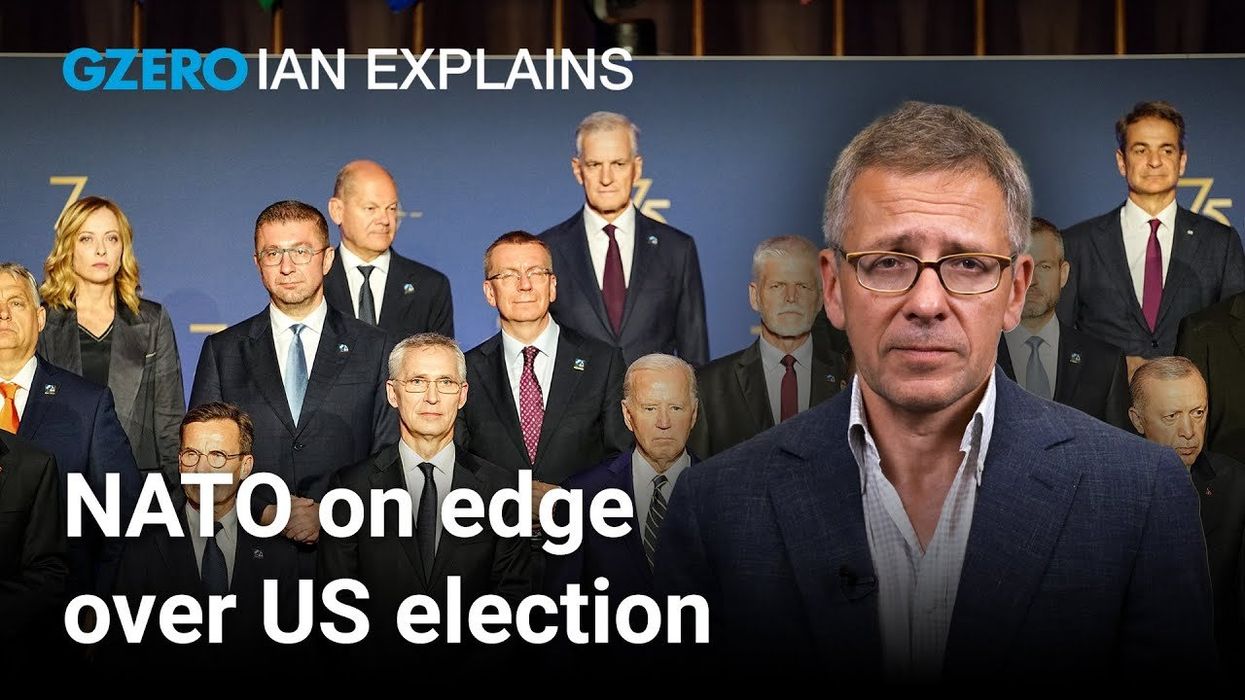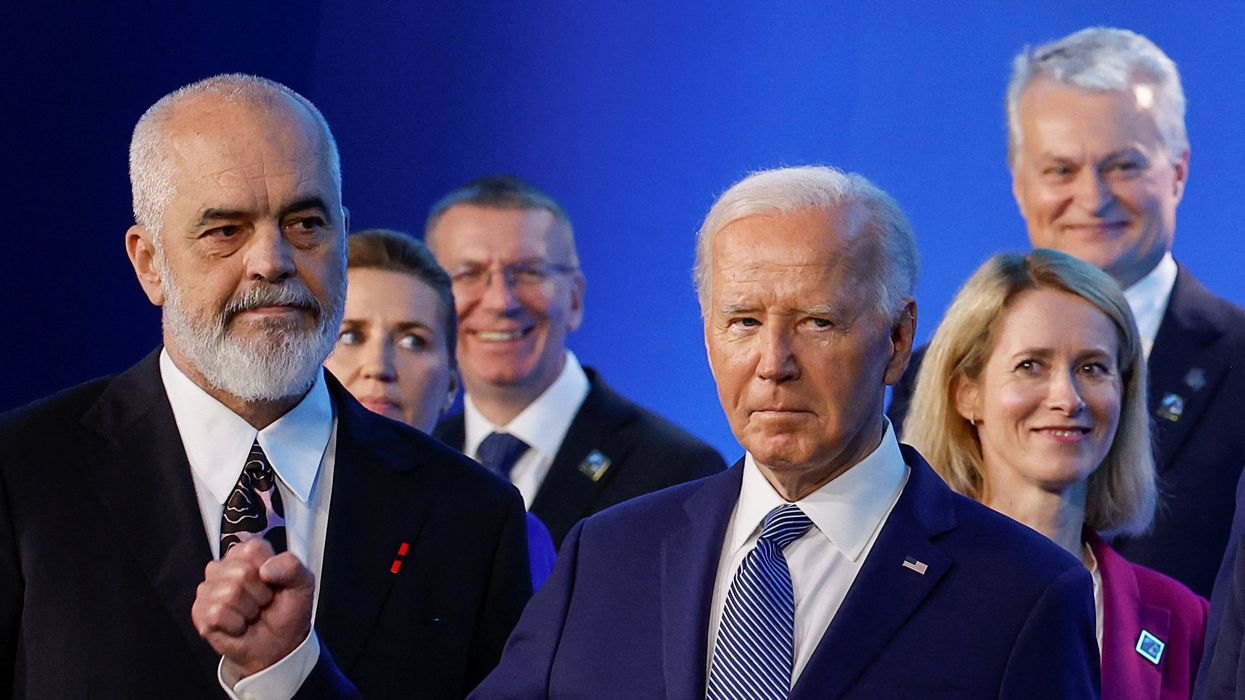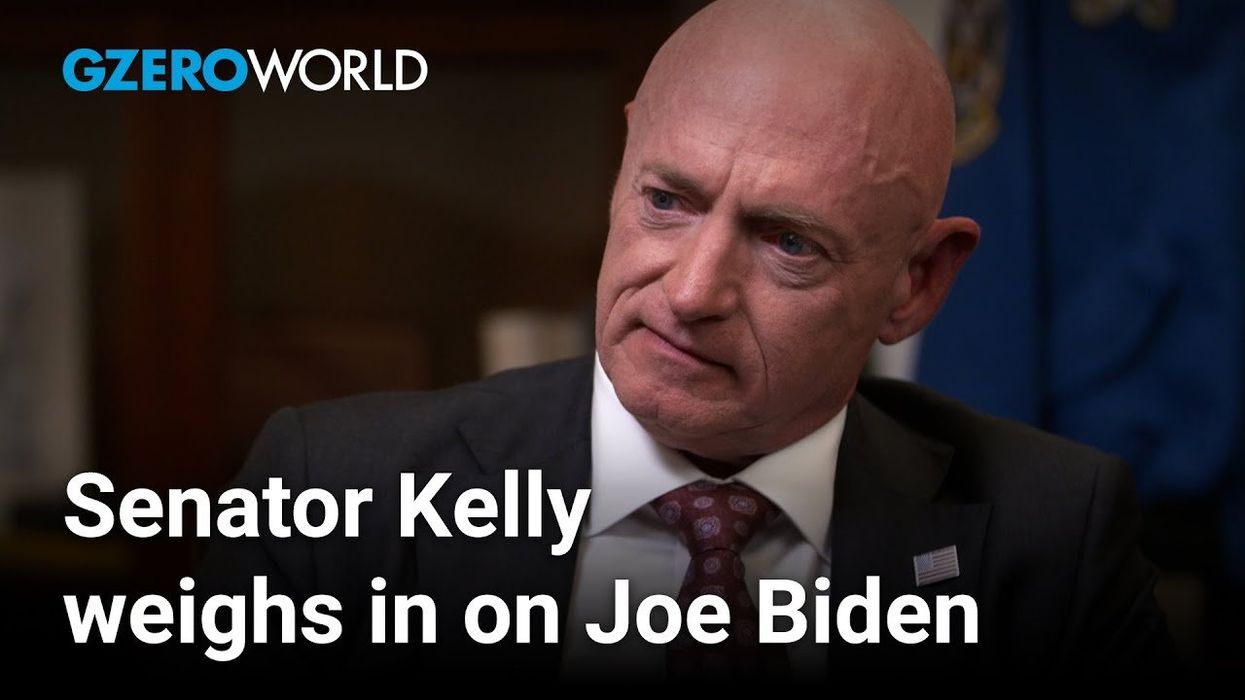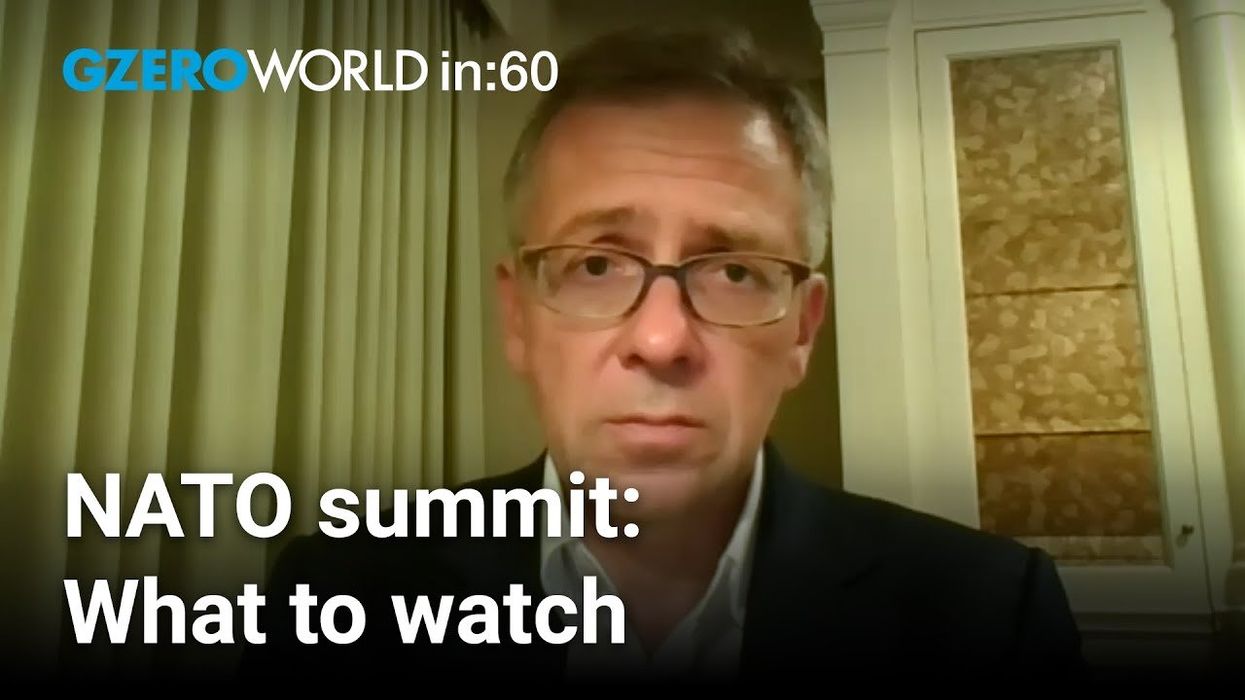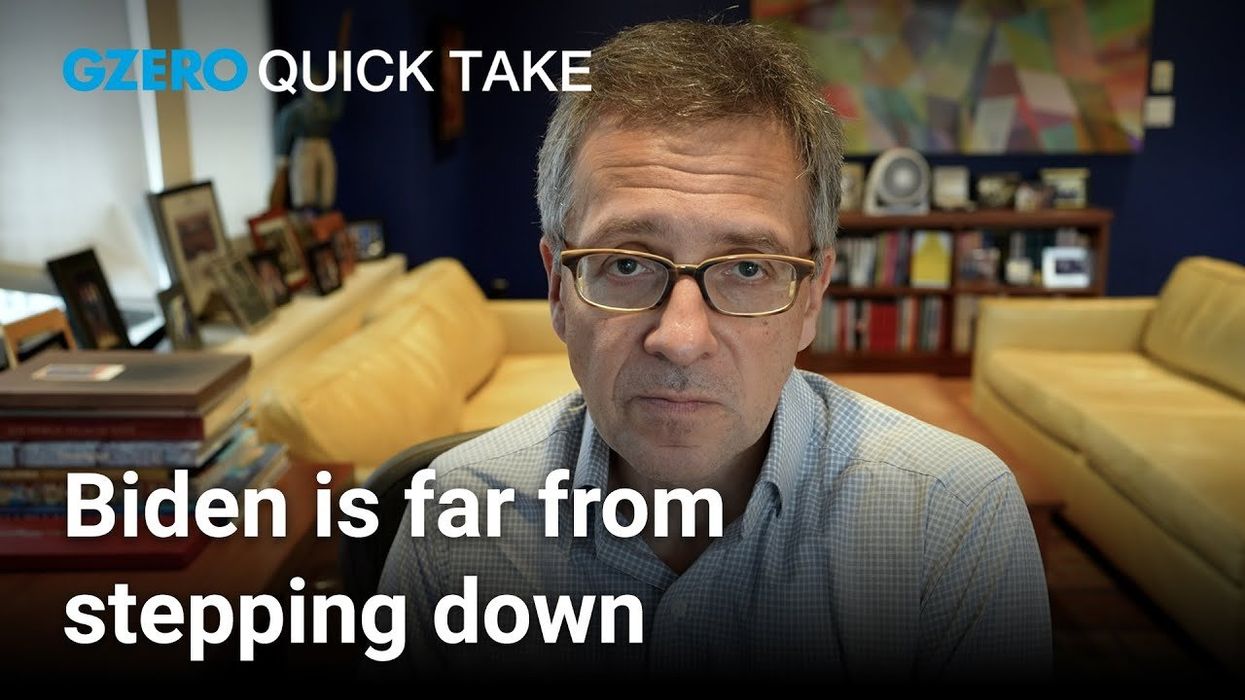US Politics In 60 Seconds
With Biden out, can Kamala Harris defeat Trump?
Biden is out of the presidential race, and it looks like Kamala Harris will replace him. The big question: How would she do against Donald Trump? Jon Lieber, Eurasia Group's head of research and managing director for the firm's coverage of United States political and policy developments, shares his perspective on US politics from Washington, DC.
Jul 21, 2024
